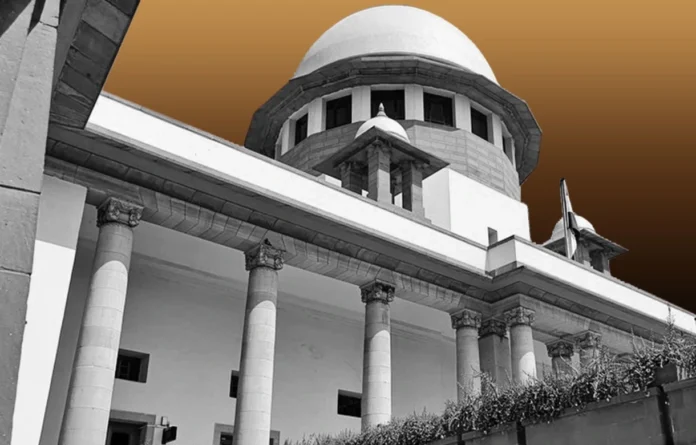The Supreme Court on Monday held that a telephonic conversation recorded secretly without the knowledge of the spouse was admissible as evidence in matrimonial proceedings.
The Bench of Justice BV Nagarathna and Justice Satish Chandra Sharma set aside a Punjab & Haryana High Court verdict, which held that recording a wife’s telephonic conversation without her knowledge amounted to a clear breach of her fundamental right of privacy and could not be admitted in evidence before a Family Court.
Section 122 of the Indian Evidence Act barred disclosure of marital communications without consent, except in legal proceedings between the spouses or where one was prosecuted for a crime against the other.
The top court of the country observed that the spousal privilege under the first part of Section 122 could not be absolute and must be read in light of the exception provided in the same provision. There was no breach of privacy in this case. Section 122 of the Evidence Act did not recognise any such right. On the other hand, it carved out an exception for the right to privacy between spouses and therefore, could not be applied horizontally at all.
The provision did not touch upon the aspect of right to privacy as envisaged under Article 21 of the Constitution, let alone invade upon such right. However, it did recognise the right to a fair trial, to produce relevant evidence, and the right to prove one’s case against the spouse so as to avail relief sought, noted the Bench.
The Apex Court rejected the argument that permitting such evidence would jeopardise domestic harmony and encourage snooping between spouses.
The matter pertained to a Special Leave Petition (SLP) challenging a decision of the Punjab and Haryana High Court, which held that recording of a wife’s telephonic conversation without her knowledge amounted to a clear breach of the fundamental right of the petitioner-wife – her right to privacy and could not be admitted in evidence before a Family Court.


